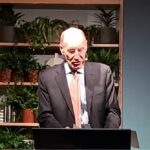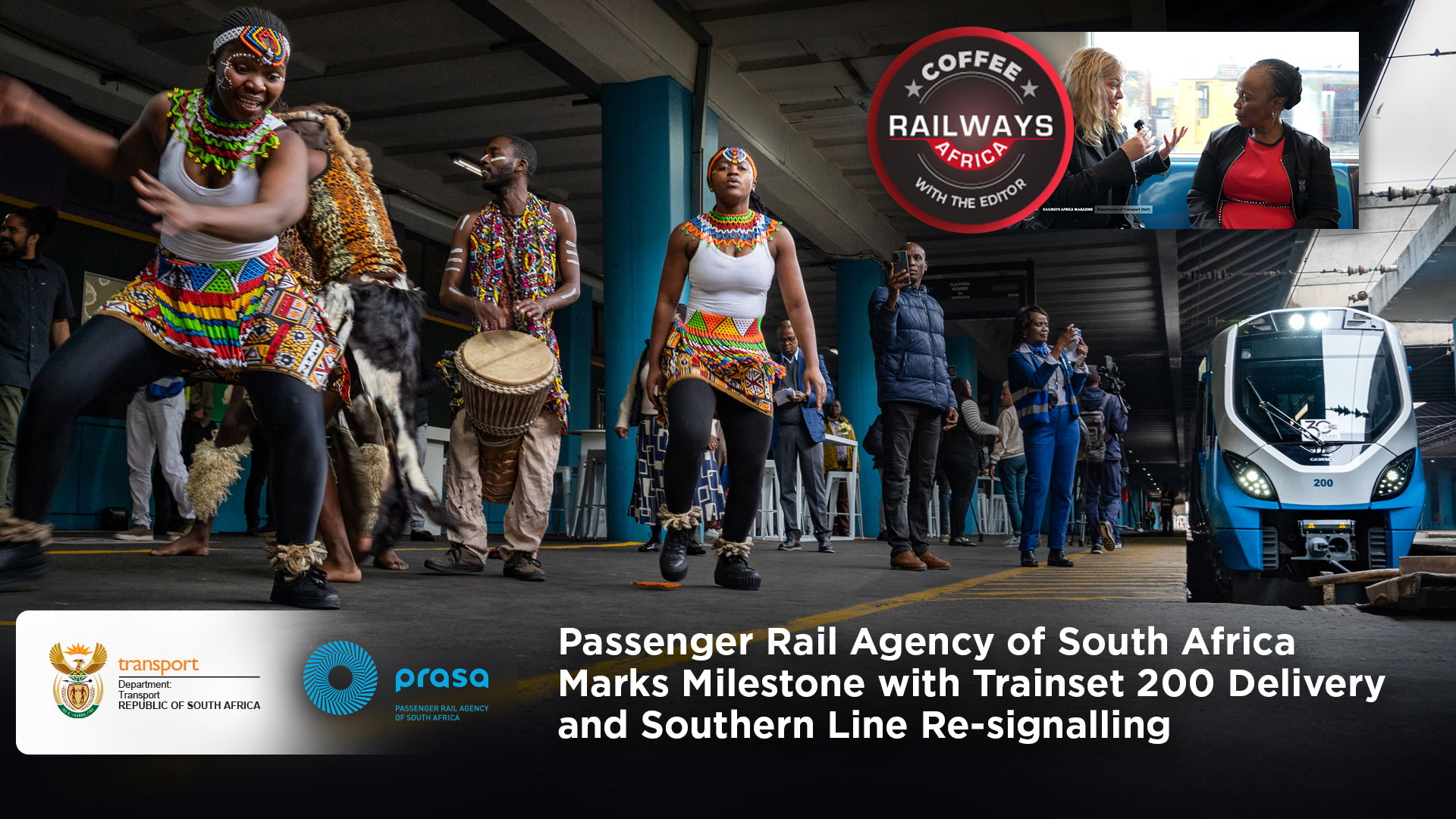“We need an urgent and comprehensive review of projects in the North and the Midlands.” That was the message from Sir John Armitt, Chair of the National Infrastructure Commission, speaking on day two of the Connected Places Summit in London.
He added: “We must ensure that future schemes address the strategic capacity and connectivity needs that the previous integrated rail plan, which included the northern neighbour, HS2, of course, was designed to meet.”
The National Infrastructure Commission recently published its five-yearly assessment of the UK’s future infrastructure needs. Sir John’s keynote address on Thursday morning was titled ‘connecting the infrastructure for the future’.
Addressing what impact an election and a potential change of government could have on future infrastructure projects, he said: “I’m not sure that the next government of whatever colour will have any choice but to pull all the levers at their disposal to unlock investment and infrastructure if they want to increase the UK’s productivity.
“That is, is of course as much about encouraging private investment as it is about opening public spending tax. We believe the public investment levels are going to have to go up to £40 billion a year, at least over the next 20 years.
“So despite the fiscal context, I think there is reason to be hopeful that any new government will want to strain every sinew to make the UK a more attractive place to invest.
On explaining how they will do that Sir John adds: “Firstly, the deceptively simple answer is for the new government to set out its policy store for regional growth, climate adaptation and then crucially, stick to it.
The only trick in attracting investment from overseas is about getting the balance of risk and return right and providing policy certainty over a reasonable medium to long term time frame. There are other factors, of course, like speeding up the planning system for major projects and ensuring the regulatory system is fair and proportionate.
“The potential is huge. It is, for example, estimated that between 135,000 and 730,000 net new jobs would be required in the low carbon sectors by 2030. I guess the range of those two numbers yeah tells you just how difficult some of these predictions are. All we know for certain is that there are going to be tenants, if not hundreds of thousands of new jobs required in the near future, and many of these, probably the majority, are going to be in SME’s.
“To help the people, the Connected Catapult was set up to propel, requires long-term policy certainty, with that clarity, the clarity part to reveal the pipeline of inevitable projects around which innovators can plan, invest in skills and deliver and develop long-term relationships with their suppliers.”
Among the highlights on day two includes Transport for All’s Chief Executive Caroline Stickland speaking about the need for transport innovation in cities to be inclusive to everyone; as well as a panel discussion hosted by Connected Places Catapult’s Chair Professor Greg Clark CBE with the Department for Transport’s Chief Scientific Advisor Sarah Sharples and Heathrow Airport’s Chief Operating Officer Emma Gilthorpe discussing ways to accelerate cross-sector innovation.
Former Olympic cycling champion Chris Boardman MBE addressed the Summit on Thursday morning; taking part in a panel discussion looking at how innovation can optimise existing infrastructure, in his role as the National Active Travel Commissioner.
Over the two days, 220 speakers addressed the Connected Places Summit, which was attended by more than 650 delegates each day in person, with more than 1,000 watching online.
The event was hosted by Connected Places Catapult, the UK’s innovation accelerator for transport, cities and place leadership, and brings together the disciplines of roads, rail, aviation and ports alongside housing and the art of place leadership. The event is supported by Innovate UK with the Department for Transport as strategic partner and DNV as the headline partner.
Day one featured Network Rail Chair Lord Peter Hendy in conversation with Connected Places Catapult’s Chief Executive Erika Lewis, as well as further keynote addresses from Cabinet Office Minister, Baroness Neville-Rolfe DBE CMG, Glasgow City Council Leader Councillor Susan Aitken, Andrew Haldane, Chief Executive of the Royal Society of Arts, and Mission Zero Report Chair and former MP Chris Skidmore.
Lord Hendy said: “What connectivity drives is economic growth, jobs, housing, social cohesion, and sustainability. The railway has been extraordinarily adaptable at doing that ever since it was invented.
“It has survived two world wars, it survived the growth of mass car ownership; it survived all sorts of translations of shifting populations around the country and particularly into cities. Places that aren’t connected don’t get housing, jobs or contribute to regeneration. Urban renewal is how to improve how we live, work and get around.”
Visit https://cp.catapult.org.uk/summit/connected-places-summit-2024/ for more details.


